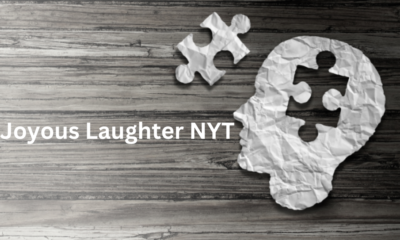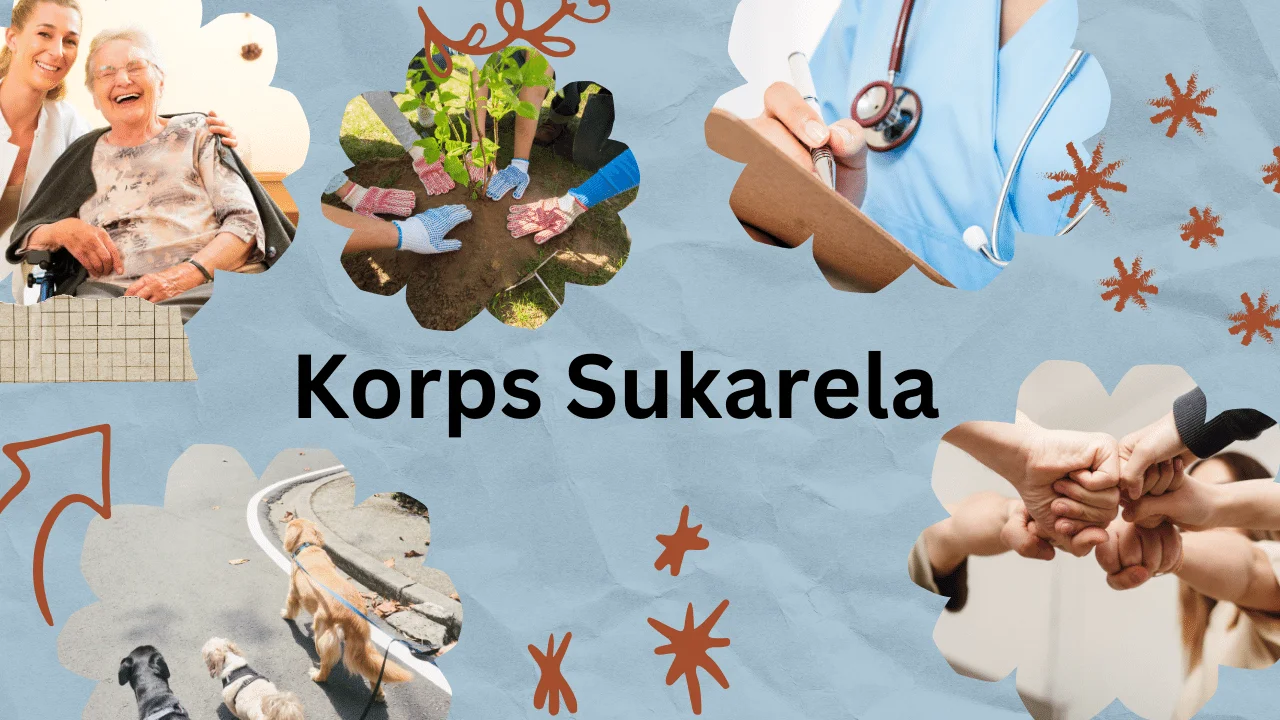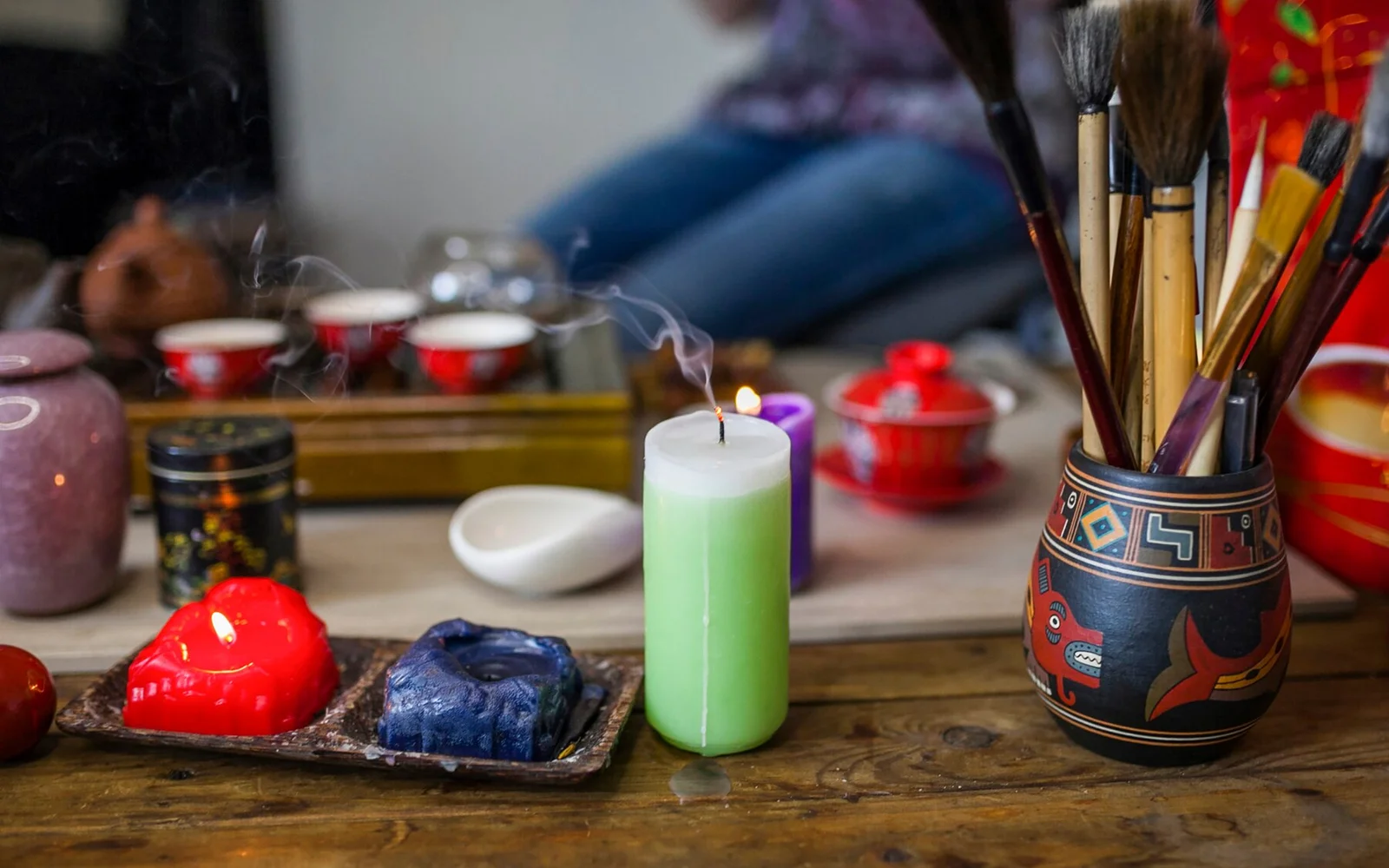In the heart of every thriving community, Korps Sukarela there exists a group of individuals who quietly and selflessly dedicate their time, energy, and skills to making the world a better place. These are the unsung heroes known as Korps Sukarela, or Volunteer Corps. While their contributions often go unnoticed, the impact of their work is profound, fostering unity, providing essential services, and offering a beacon of hope in times of need. This article delves into the significance of Korps Sukarela, highlighting their roles, challenges, and the invaluable difference they make in communities across the globe.
The Origin and History of Korps Sukarela
The concept of Korps Sukarela has deep roots in human history, tracing back to times when communities banded together to help one another in times of crisis. The idea formalized over the centuries, leading to organized volunteer corps that became essential in various sectors such as healthcare, education, disaster relief, and more. In many countries, these corps have been pivotal in nation-building efforts, providing a structure through which citizens can contribute to the well-being of their communities.
The formation of modern Korps Sukarela can be linked to significant historical events where the need for organized voluntary assistance became apparent. For instance, during wartime, volunteer groups played crucial roles in providing medical aid, food distribution, and shelter for those affected. Over time, these efforts evolved into more structured organizations, often supported by governments and NGOs, ensuring that volunteer work became a recognized and vital component of societal development.
The Core Principles and Values
At the heart of Korps Sukarela are core principles and values that guide their work. These include selflessness, compassion, community, and resilience. Volunteers are driven by a deep sense of responsibility towards their fellow human beings, often prioritizing the needs of others above their own. This spirit of altruism is what sets Korps Sukarela apart from other community groups, as their efforts are not motivated by personal gain but by the desire to make a meaningful difference.
These principles are ingrained in volunteers through rigorous training and continuous learning. The emphasis on compassion ensures that every action taken by the volunteers is with the well-being of others in mind. Community is another cornerstone, fostering a sense of belonging and collective responsibility among volunteers, which in turn strengthens the fabric of society.
Key Roles and Responsibilities
Korps Sukarela volunteers take on a wide range of roles and responsibilities, depending on the needs of the community they serve. These roles can include disaster relief, where volunteers are often the first on the scene, providing crucial assistance in the form of medical aid, food, and shelter. They also play significant roles in education, offering tutoring services, mentoring, and support for underprivileged children.
In healthcare, volunteers may assist in clinics, provide care for the elderly, or help in public health campaigns. Environmental conservation is another area where Korps Sukarela volunteers are active, participating in tree planting, beach cleanups, and awareness campaigns. Each role, while varied, is essential in building and maintaining a healthy and resilient community.
Training and Development Programs
To ensure that volunteers are well-prepared for their roles, Korps Sukarela organizations offer comprehensive training and development programs. These programs equip volunteers with the necessary skills, knowledge, and tools to effectively carry out their duties. Training typically includes first aid, disaster management, communication skills, and leadership development.
Moreover, ongoing development programs are crucial for retaining volunteers and ensuring that they can grow within their roles. This continuous learning approach not only benefits the volunteers but also enhances the quality of service they provide to the community. It also prepares volunteers to take on leadership roles within the organization, ensuring the sustainability of volunteer efforts.
The Impact of Korps Sukarela on Communities
The impact of Korps Sukarela on communities is immeasurable. Volunteers often fill gaps in services that are either unavailable or underfunded, providing crucial support where it’s most needed. Their presence in times of crisis, such as natural disasters or pandemics, has saved countless lives and helped communities recover more quickly.
Beyond immediate relief, Korps Sukarela volunteers contribute to long-term community development. Their work in education, healthcare, and environmental conservation helps to build stronger, more resilient communities. The sense of solidarity and collective effort fostered by these volunteers often leads to increased community cohesion, making it easier to address future challenges.
Challenges Faced by Korps Sukarela
Despite their dedication, Korps Sukarela volunteers face numerous challenges. One of the most significant is the lack of resources. Many volunteer organizations operate on limited budgets, relying on donations and government support to carry out their work. This scarcity of resources can limit the scope and effectiveness of their efforts.
Another challenge is the physical and emotional toll that volunteering can take. Volunteers often work in high-stress environments, such as disaster zones, where they witness human suffering firsthand. This can lead to burnout and, in some cases, post-traumatic stress disorder (PTSD). Ensuring that volunteers receive adequate support and care is essential for their well-being and the sustainability of volunteer programs.
Case Studies: Success Stories
There are countless success stories that illustrate the impact of Korps Sukarela. In one instance, a group of volunteers in Southeast Asia provided critical assistance during a devastating flood, helping to evacuate residents, distribute food and water, and set up temporary shelters. Their efforts were instrumental in saving lives and restoring a sense of normalcy to the affected community.
In another example, Korps Sukarela volunteers in a rural African village launched an education initiative that significantly improved literacy rates among children. By providing tutoring and school supplies, they were able to make a lasting difference in the lives of these children, giving them better opportunities for the future.
The Future of Volunteering
The future of Korps Sukarela and volunteerism, in general, looks promising, with more people recognizing the importance of giving back to their communities. However, there are also challenges that need to be addressed to ensure the continued growth and impact of volunteerism.
One potential area of growth is the use of technology in volunteer work. Digital platforms can connect volunteers with opportunities more efficiently, making it easier for people to get involved. Additionally, there is a growing recognition of the need to provide more support for volunteers, including mental health services and better training programs.
How to Join and Support Korps Sukarela
Joining Korps Sukarela is a straightforward process. Interested individuals can usually apply through volunteer organizations or NGOs that coordinate these efforts. The application process typically involves an interview and a background check, followed by training.
Supporting Korps Sukarela can take many forms. For those who may not be able to volunteer their time, financial donations are always welcome and can significantly impact the organization’s ability to carry out its work. Additionally, spreading awareness about the importance of volunteerism and encouraging others to get involved can help to build a stronger, more engaged community.
Global Recognition and Awards
The work of Korps Sukarela has not gone unnoticed. Many volunteer organizations and individual volunteers have received global recognition for their efforts. Awards such as the UN Volunteers of the Year and the Nobel Peace Prize have been awarded to those who have made significant contributions to their communities through volunteerism.
These accolades not only recognize the hard work and dedication of volunteers but also serve to inspire others to get involved. They highlight the importance of Korps Sukarela and the positive impact that volunteering can have on society as a whole.
FAQs
1. What is Korps Sukarela?
Korps Sukarela refers to volunteer corps that engage in community service and disaster relief efforts.
2. How can I join Korps Sukarela?
You can join by applying through volunteer organizations or NGOs, undergoing an interview, and completing required training.
3. What roles do Korps Sukarela volunteers perform?
Volunteers take on various roles, including disaster relief, education support, healthcare assistance, and environmental conservation.
4. What challenges do Korps Sukarela volunteers face?
Challenges include limited resources, high-stress environments, and the potential for burnout.
5. How does Korps Sukarela impact communities?
They provide essential services, fill gaps in support, and contribute to long-term community development.
6. Are there training programs for Korps Sukarela volunteers?
Yes, volunteers receive training in areas like first aid, disaster management, communication, and leadership.
7. Can I support Korps Sukarela without volunteering?
Yes, financial donations and spreading awareness are great ways to support.
8. Has Korps Sukarela received any recognition?
Yes, many volunteers and organizations have received global awards for their contributions.
9. What is the future of Korps Sukarela?
The future looks promising with more people recognizing the importance of volunteerism and the use of technology
10. Why is Korps Sukarela important?
They play a vital role in supporting communities, particularly in times of crisis, and contribute to the overall well-being of society.
Conclusion
In conclusion, Korps Sukarela stands as a testament to the power of collective effort and the enduring spirit of humanity. These volunteers, often working behind the scenes, are the backbone of community service, providing essential support in times of need and contributing to the long-term development of society. Despite the challenges they face, their dedication remains unwavering, and their impact is felt far and wide.

 Blog9 months ago
Blog9 months ago
 Entertainment9 months ago
Entertainment9 months ago
 Tech9 months ago
Tech9 months ago
 Blog9 months ago
Blog9 months ago
 Entertainment9 months ago
Entertainment9 months ago
 Entertainment10 months ago
Entertainment10 months ago
 Lifestyle10 months ago
Lifestyle10 months ago
 Lifestyle10 months ago
Lifestyle10 months ago



